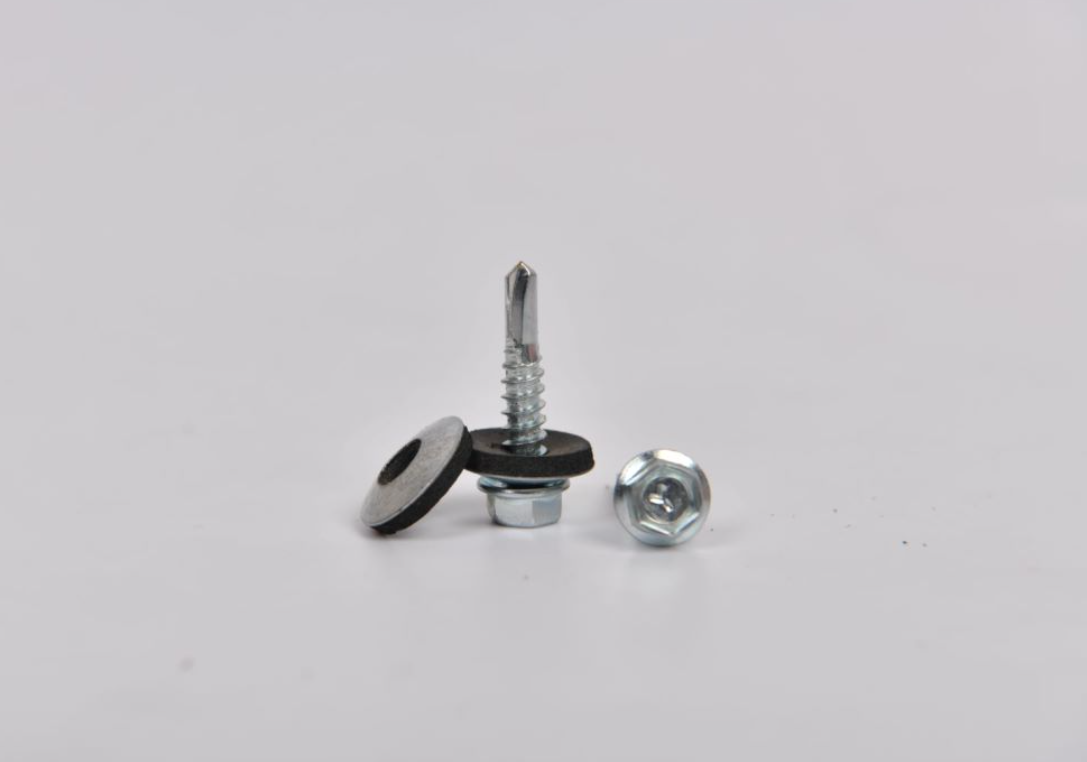Top Manufacturers and Suppliers of M10 Self Tapping Screws for Various Applications
The Rise of M10 Self-Tapping Screw Companies Innovations and Market Dynamics
In the realm of construction and manufacturing, the importance of fasteners cannot be overstated. Among the various types of fasteners, self-tapping screws have gained significant traction due to their versatility, ease of use, and efficiency. Specifically, M10 self-tapping screws have emerged as a popular choice for both industrial and domestic applications. This article delves into the current landscape of companies specializing in M10 self-tapping screws, highlighting innovations, market dynamics, and customer considerations.
Understanding M10 Self-Tapping Screws
M10 self-tapping screws are designed to create their own hole as they are driven into the material, making them particularly advantageous for applications where pre-drilling would be impractical. The “M10” designation indicates a nominal diameter of 10 millimeters, making these screws suitable for robust applications ranging from heavy machinery assembly to furniture manufacturing. Their design typically features a pointed tip and coarse threads, allowing them to penetrate various materials, including wood, metal, and plastic.
Innovations in Self-Tapping Screw Technology
The evolution of M10 self-tapping screws reflects a broader trend towards innovation in the fastener industry. Companies specializing in self-tapping screws are constantly seeking to improve their products through advancements in materials, coatings, and manufacturing processes. For instance, the development of corrosion-resistant coatings has become a pivotal focus, ensuring durability even in harsh environments. Moreover, companies are investing in high-strength materials that provide enhanced performance and longevity, reducing the likelihood of failure in critical applications.
Another notable innovation is the introduction of specialized designs that improve the efficiency of the screw's insertion process. Features like undercuts or modified thread profiles can significantly decrease the driving torque required, ultimately speeding up assembly time and reducing wear on tools. Such innovations are particularly valued in industries that operate under tight deadlines or where labor costs are a major consideration.
m10 self tapping screw companies

Market Dynamics and Competition
The market for M10 self-tapping screws is diverse, with numerous players ranging from small-scale manufacturers to large industrial suppliers. Competition is fierce, driven by the increasing demand for high-quality fasteners in various sectors, including automotive, construction, and electronics. Companies that can offer a combination of competitive pricing, superior quality, and reliable customer service are more likely to succeed in this crowded marketplace.
Additionally, the growing trend towards sustainability has prompted many M10 self-tapping screw companies to explore eco-friendly materials and manufacturing practices. This shift not only helps meet the demands of environmentally conscious consumers but also positions companies as responsible players in the market, potentially leading to enhanced brand loyalty.
Customer Considerations
When selecting M10 self-tapping screws, customers should consider several factors to ensure optimal performance for their specific application. These factors include material compatibility, strength requirements, and environmental conditions. Furthermore, customers are encouraged to evaluate the reputation and reliability of suppliers, as the quality of fasteners can significantly impact the overall success of a project.
In conclusion, the landscape of M10 self-tapping screw companies is characterized by continuous innovation and intense competition. As industries evolve and the demand for high-quality fasteners grows, these companies are poised to play a crucial role in supporting various applications with their advanced fastening solutions. By understanding the intricacies of self-tapping screws and keeping abreast of market developments, customers can make informed choices that enhance their project outcomes and drive efficiency in their operations.
-
Top Choices for Plasterboard FixingNewsDec.26,2024
-
The Versatility of Specialty WashersNewsDec.26,2024
-
Secure Your ProjectsNewsDec.26,2024
-
Essential Screws for Chipboard Flooring ProjectsNewsDec.26,2024
-
Choosing the Right Drywall ScrewsNewsDec.26,2024
-
Black Phosphate Screws for Superior PerformanceNewsDec.26,2024
-
The Versatile Choice of Nylon Flat Washers for Your NeedsNewsDec.18,2024










